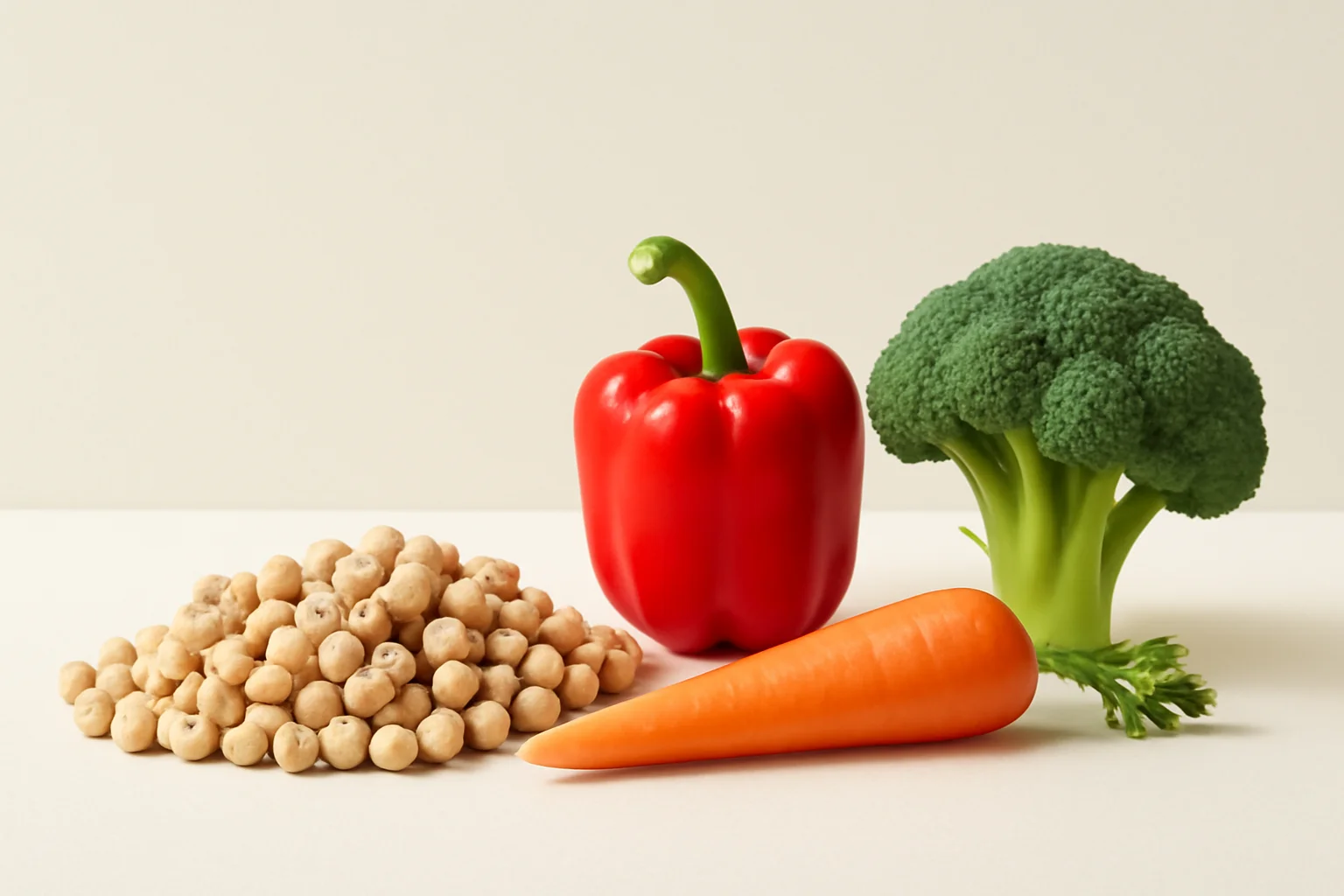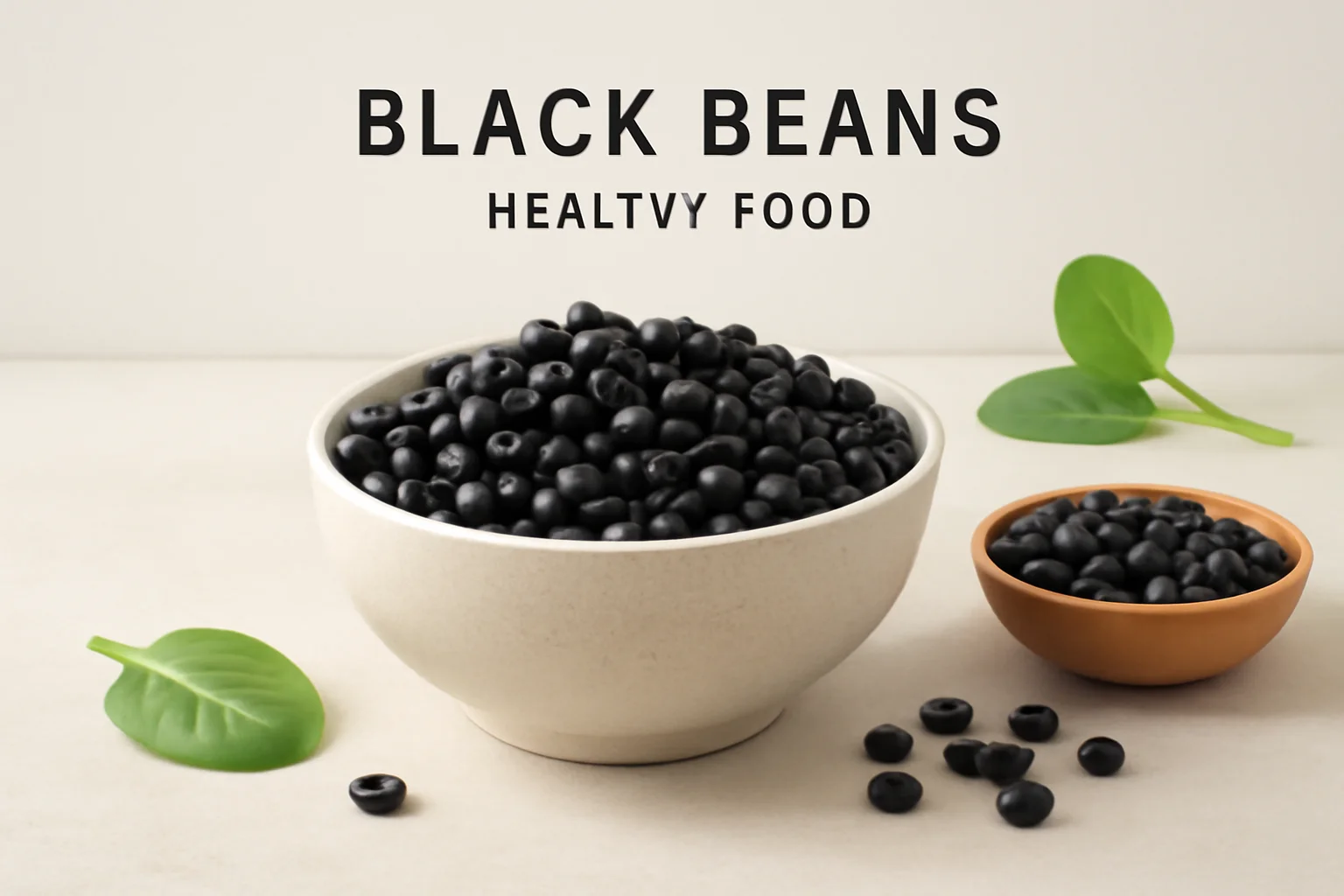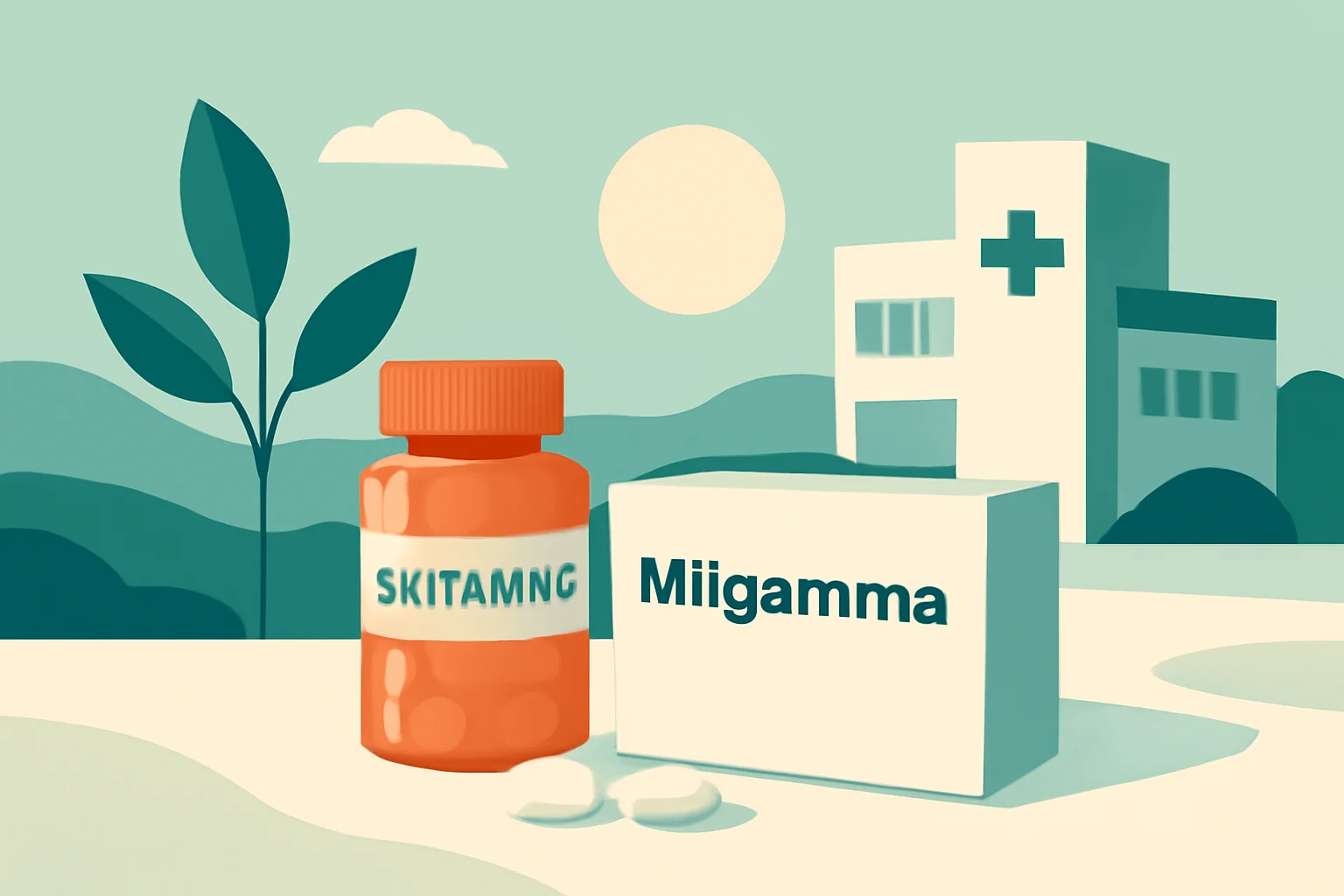
The Beneficial Effects of Chickpeas on Our Health
The chickpea (Cicer arietinum) is a versatile and nutritious legume that has become popular in kitchens around the world. Known as a staple ingredient in Middle Eastern and Indian dishes, it has also gained traction in vegetarian and vegan diets. People choose chickpeas not only for their flavor but also for their numerous health benefits, which are recognized by both nutrition science and traditional medicine.
The rich nutrient content of chickpeas, including proteins, fibers, vitamins, and minerals, can contribute to maintaining health. Additionally, their low glycemic index can help stabilize blood sugar levels, making them particularly beneficial for diabetics. Consuming chickpeas not only positively impacts physical health but can also support mental well-being, as the minerals and vitamins they contain may contribute to mood improvement.
In this article, we will explore the beneficial effects of chickpeas and explain why incorporating this nutritious ingredient into your daily diet is worthwhile.
Rich Nutrient Content
Chickpeas boast an outstanding nutrient profile, making them particularly appealing to those who enjoy nutritious foods. One of their most significant advantages is their high protein content. Chickpeas contain about 19 grams of protein per 100 grams, making them an excellent choice for vegetarians and vegans who need adequate protein intake. The proteins in chickpeas contain all the essential amino acids necessary for the body’s proper functioning.
Moreover, chickpeas are a rich source of fiber. Fibers help maintain gut health, promote proper digestion, and contribute to a feeling of fullness, which can help prevent overeating. The soluble fibers found in chickpeas, such as beta-glucan, may help lower cholesterol levels, thereby supporting heart and vascular health.
Additionally, chickpeas are rich in vitamins and minerals, such as B vitamins, folate, magnesium, iron, zinc, and potassium. Folate is particularly important for cell health, while magnesium and potassium contribute to the proper functioning of the heart and muscles. Therefore, chickpeas are not only nutritious but also versatile ingredients that can be easily incorporated into various dishes, such as salads, soups, or main courses.
Helps Regulate Blood Sugar Levels
The low glycemic index (GI) of chickpeas means they raise blood sugar levels slowly, which is especially important for diabetics and those looking to avoid blood sugar fluctuations. The glycemic index is a scale that measures how quickly a particular food raises blood sugar levels. Chickpeas have a low GI value, meaning the carbohydrates they contain are released slowly and steadily into the bloodstream.
The fiber in chickpeas also contributes to stabilizing blood sugar levels. Soluble fibers help slow down the absorption of carbohydrates, reducing post-meal blood sugar spikes. Additionally, chickpeas serve as food for gut bacteria, which promote gut health and contribute to the prevention of diabetes.
Incorporating chickpeas into the diet can help diabetics better manage their condition, as gradual increases in blood sugar levels can lead to fewer complications. Furthermore, chickpeas are rich in antioxidants, which can help reduce inflammation and support the body in preventing complications associated with diabetes.
Strengthens the Immune System
Another important aspect of chickpeas is their contribution to strengthening the immune system. The vitamins and minerals they contain, such as vitamin C, B vitamins, zinc, and iron, are all essential for the effective functioning of the immune system. For example, vitamin C helps in the production of white blood cells, which play a key role in combating infections.
The antioxidant properties of chickpeas also contribute to protecting the immune system. Antioxidants help reduce damage caused by free radicals, which can contribute to inflammatory processes and the development of various diseases. Phytochemicals found in chickpeas, such as flavonoids, may help reduce inflammation, thus contributing to the body’s defense.
Moreover, the minerals in chickpeas, such as zinc and iron, are essential for cell regeneration and the proper functioning of the immune response. Zinc is particularly important for wound healing and reducing inflammation, while iron is necessary for hemoglobin production, which plays a crucial role in transporting oxygen throughout the body.
May Aid in Weight Loss
Incorporating chickpeas into the diet can assist with weight loss, thanks to their high fiber and protein content. Fibers help maintain a feeling of fullness, thereby reducing hunger and the likelihood of overeating. Chickpeas are low in calories, making them an excellent choice for dieters seeking healthy, nutritious foods.
Proteins also contribute to maintaining muscle mass, which can help increase calorie burning. Muscle tissue is active tissue that burns more calories than fat tissue, so consuming chickpeas as part of nutritious and filling meals can aid in weight loss.
Due to their versatility, chickpeas can easily be incorporated into the diet, whether in salads, soups, or main dishes. Additionally, hummus made from chickpeas is a popular snack that can help with healthy snacking without containing added sugars or fats.
Chickpeas are thus not only nutritious and delicious but can also assist in achieving weight loss goals while providing the necessary nutrients for the body.
This article does not constitute medical advice. If you have health concerns, please consult your doctor or healthcare professional.

